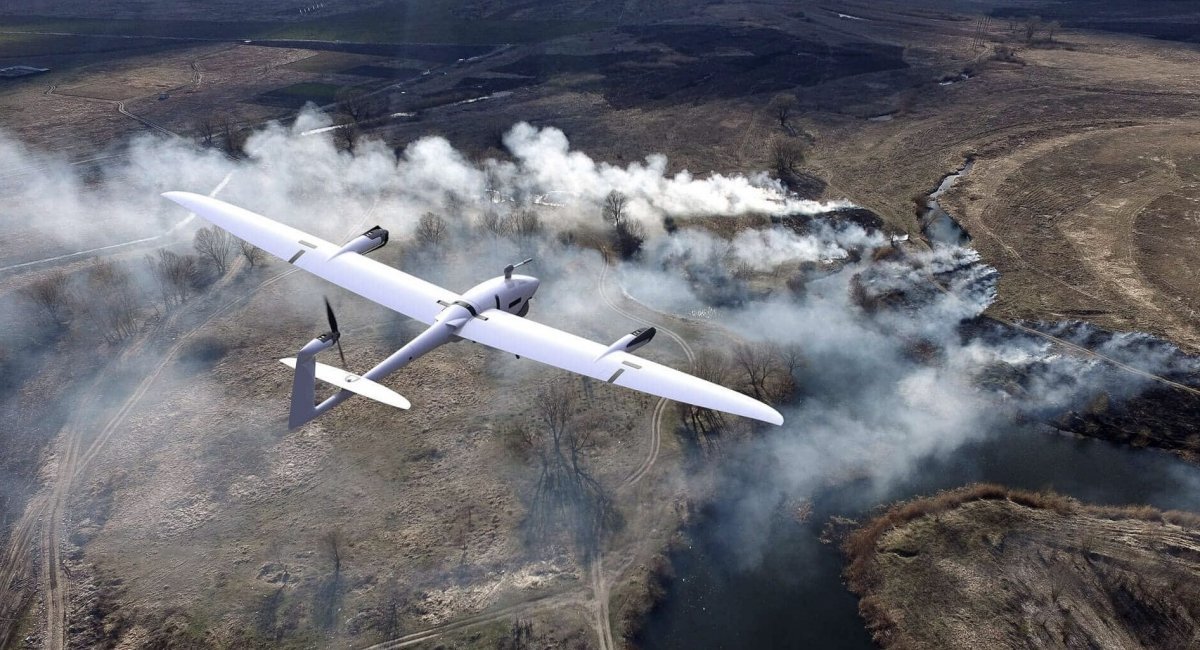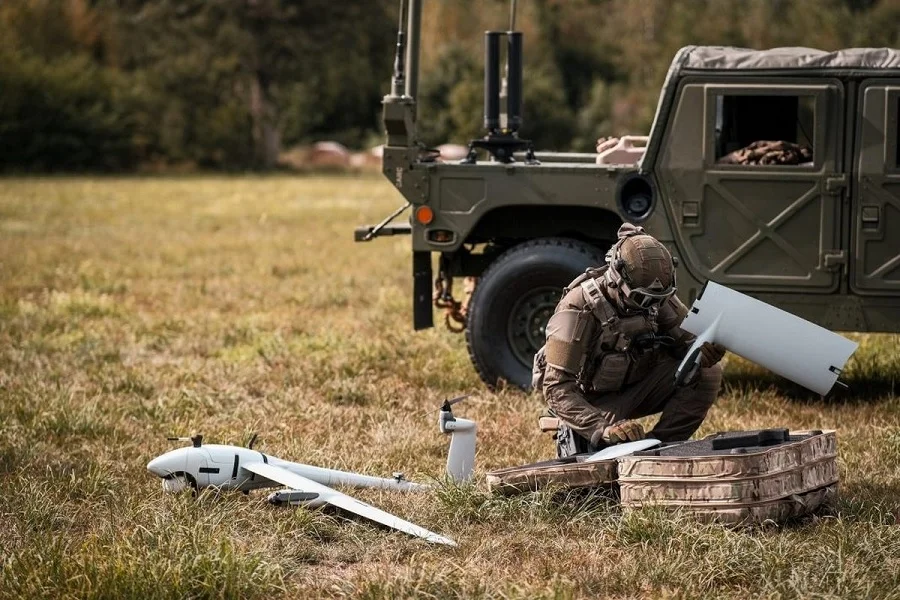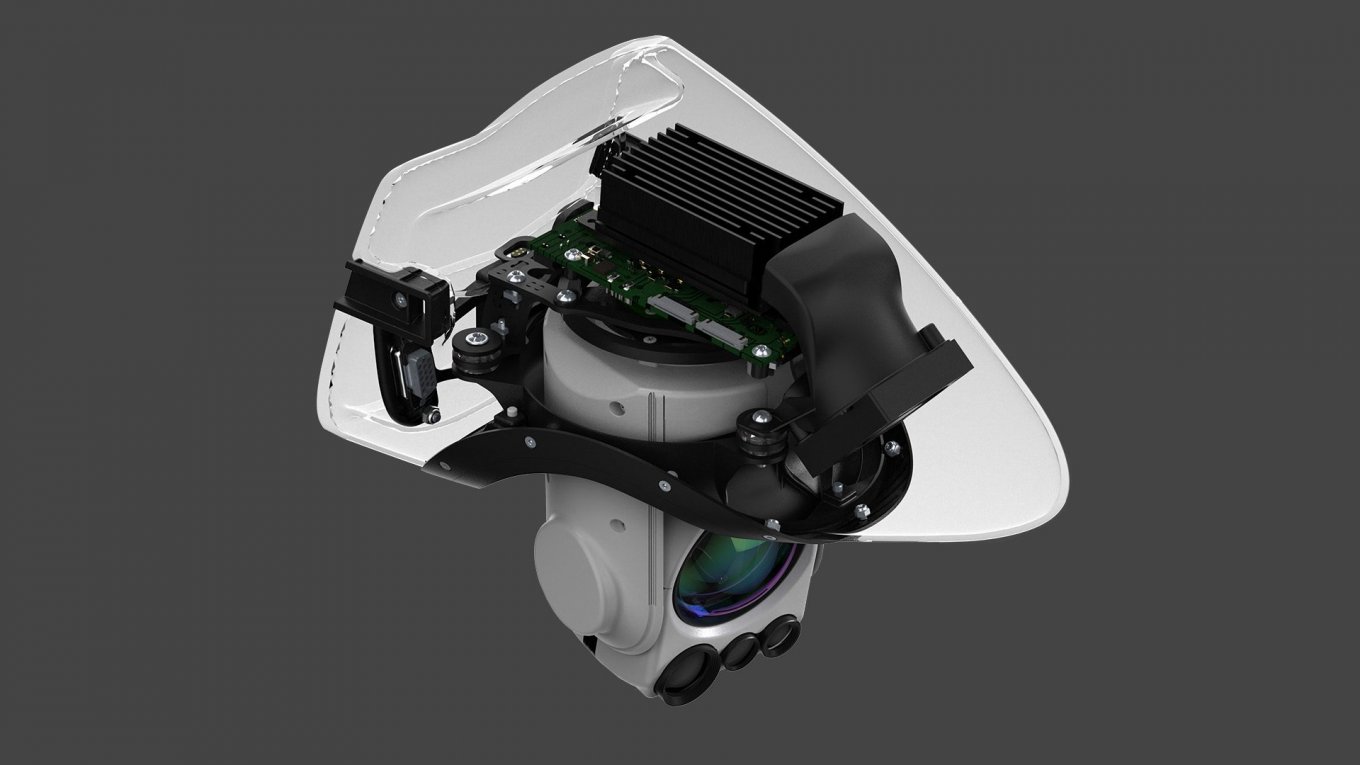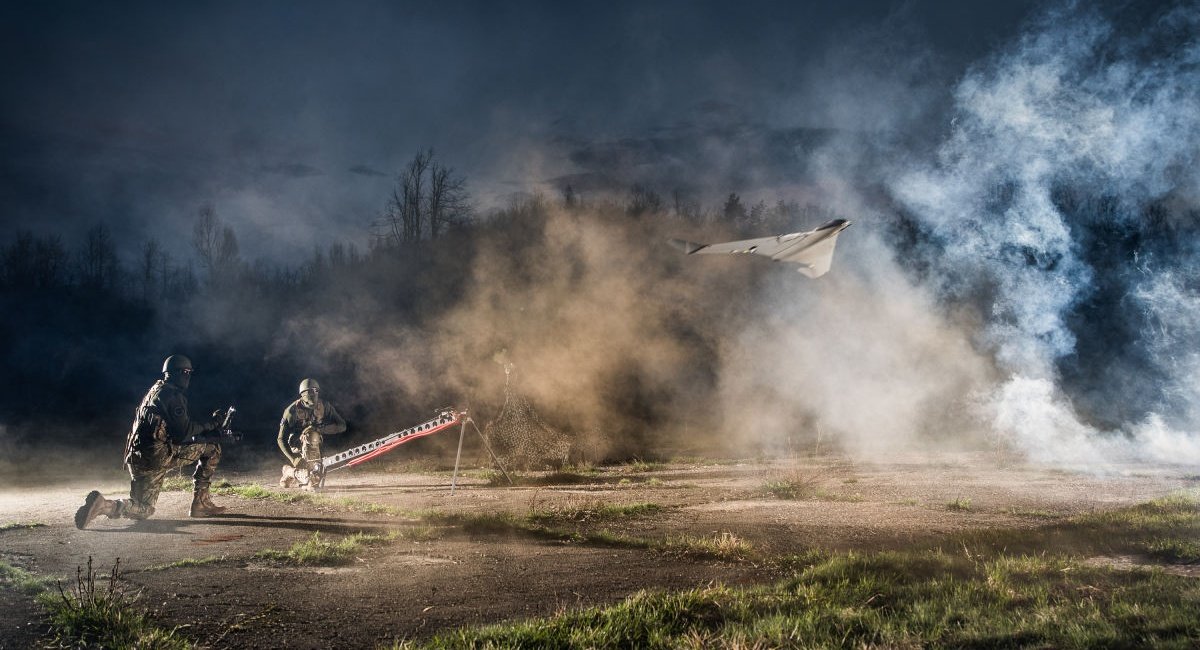
German UAVs suddenly “started falling from the sky” on the battlefield in Ukraine
Another example of how the operation of Western weapons in difficult conditions on the battlefield in Ukraine allows manufacturers to identify weaknesses in their systems and improve their products
Western defense companies, whose weapons are currently being used by the Ukrainian Defense Forces in extremely difficult conditions on the battlefield, have truly unique opportunities to improve their own weapons and military equipment and to sell their products to customers with the label “tested in real difficult combat conditions.”
One of these companies is the German manufacturer Quantum Systems, whose drones are currently used by the Ukrainian military. The story of how the Germans managed to improve, or rather eliminate, the shortcomings of their UAV after using it against the Russian occupation forces is told in The New York Times.

And they say the following: first, when our army first started using UAVs from the German company Quantum Systems (probably the Vector complex supplied to Ukraine), they “worked uninterruptedly for the needs of the Ukrainian armed forces” for several months, hunting for Russian weapons.
But later, these drones “suddenly” began to “fall from the sky,” and for the Germans, “it was a mystery,” as the publication quotes Quantum Systems CEO Sven Kruk, who even received a letter from the Ukrainian Defense Ministry “demanding to rectify the situation” (unfortunately, the publication does not publish a copy of this letter).
“All we could do was get information from the operators, try to determine what was not working, test it, and try again,” Kruk said. Eventually, the German company’s specialists solved this “mystery.” “The Russians jammed the signals that connected the drones to the satellites they relied on for navigation, causing the machines to lose their way and crash to the ground.”
To adapt the drone to the difficult conditions of the battlefield, Quantum Systems first created new software based on artificial intelligence. Apparently, this refers to NVIDIA’s Jetson Orin artificial intelligence board, which “supports and provides navigation without using GNSS” – as the company previously stated, this particular feature “was developed based on direct feedback from the battlefield.

Second, Vector has added a manual control option. In addition, the publication notes that the German company has even built a service center that will “monitor electronic attacks in Russia.”
The situation with the Vector drone is not the first striking example of Western manufacturers improving their drones based on the experience of using them on the battlefield in the face of Russian electronic warfare. For example, we can recall the Belin UAV (Bramor C4EYE), which Ukraine secretly received from Slovenia, and the manufacturer of this drone, C-Astral, actively uses feedback from the Ukrainian military to improve its product.

The benefits of using the latest and experimental weapons from Western companies on the battlefield in Ukraine have also recently been emphasized by the British, where British Secretary of State for the Armed Forces James Heapie said that their army has seen a leap in technological capabilities thanks to support from Ukraine.

